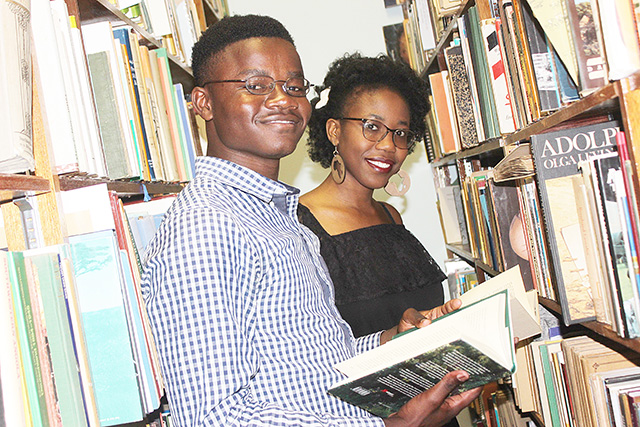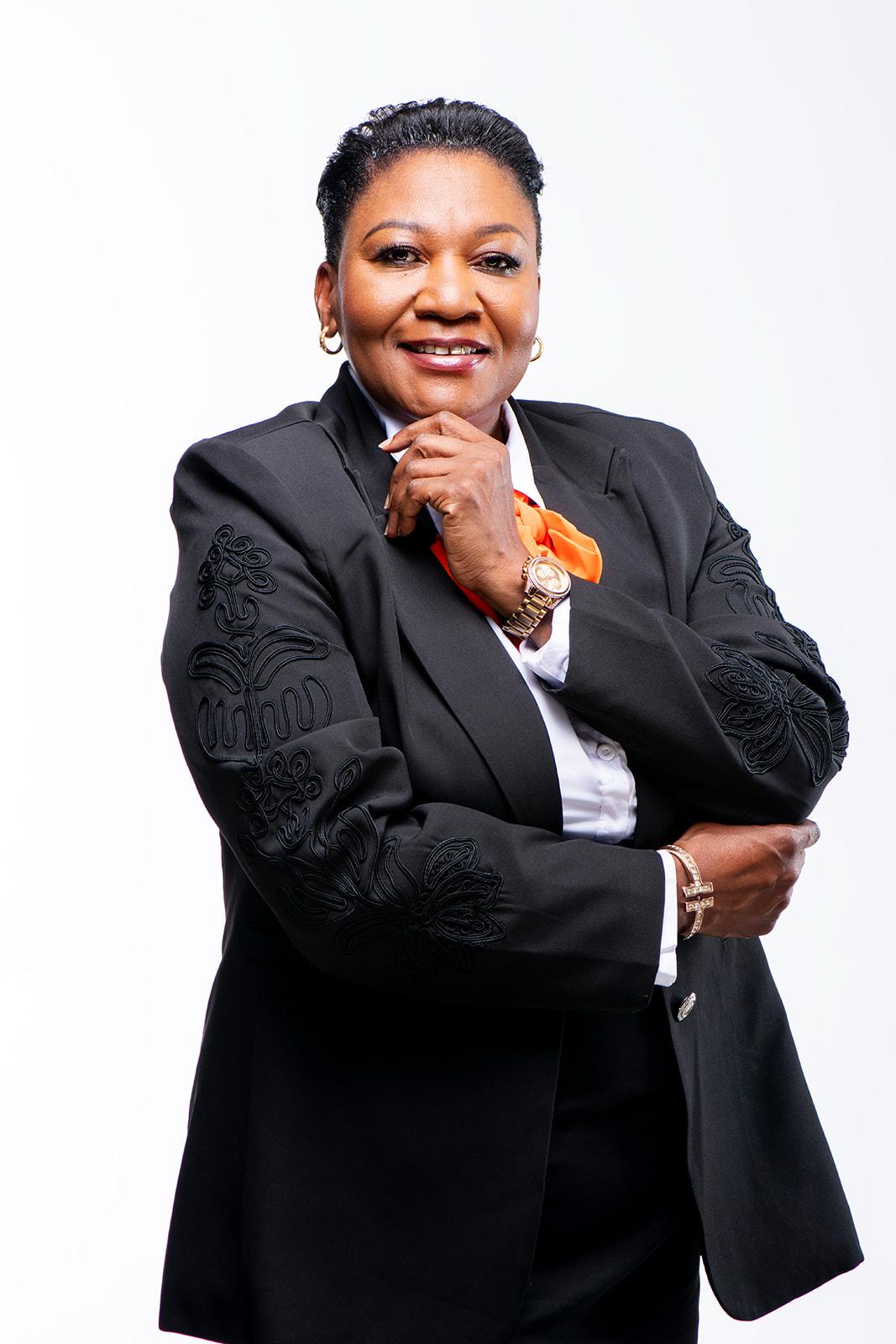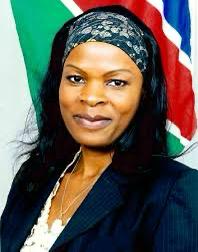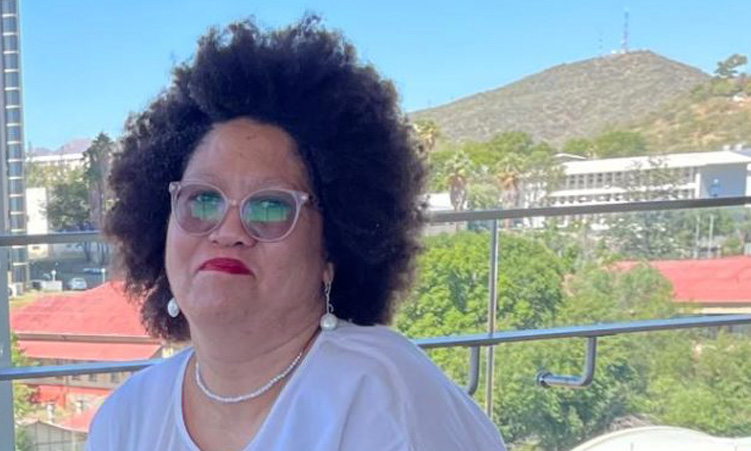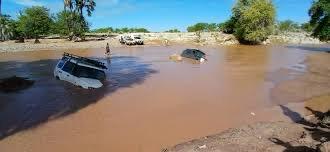The German Federal Agency for Civic Education, in partnership with the Maxim Gorki Theatre, will be hosting a four-day history festival in Berlin, Germany. The festival will take place from Wednesday, 17 October to Sunday, 21 October.
Four hundred young professionals aged 18 to 30 from across Europe and selected locations in Africa will participate in the festival. YouthPaper got the chance to meet and engage with two participants: Liina Nambahu and Isdor Kamati, who will be two of the 11 youths to represent Namibia, to discuss what they look forward to learning at the festival.
Nambahu studies records, archives management and history at the University of Namibia (Unam). She is the former president of the Unam action research team (UART) and describes herself as someone who is passionate about bringing history to life.
Kamati has a diploma in library and information science from Unam and works as a librarian at the Namibia Scientific Society, the main contractual partner of the history festival from Namibia.
The two told YouthPaper that the festival will be celebrated under the theme: ‘;War or peace: Crossroads of history, 1918 to 2018’;. The festival will mark the occasion of the 100th anniversary of the end of World War I. “The event will be explored from different perspectives, with the aim of discussing its relevance in the present day.”
Kamati told YouthPaper that the festival will consist of two modules: An education module run by the German Federal Agency for Civic Education, and a cultural module run by the Maxim Gorki Theatre.
Nambahu mentioned that the education module consists of a four-day youth campus with around 20 different workshops at its core. She added that the education module is complemented with two to three openly designed ‘;lighthouse events’;, which also help to involve the broader interested public.
“The planned lighthouse events include a kick-off event and a closing ceremony with a presentation of workshop results designed to increase public visibility, along with an additional mid-festival event aimed at stimulating further discourse,” said Nambahu.
On the other hand, the culture module is based on key themes of the event. Kamati said that the Maxim Gorki Theatre is developing a series of events with international artists that will run alongside the conference module. “Eleven Namibians will attend the festival, 300 people will be attending and 100 will be presenting. Nambahu and I are the participants from Namibia who will be presenting at the festival and our topic will be the meaning of World War I to Namibia,” shared Kamati.
“We were given topics to choose from, and we both gravitated to this one because Namibia has been through subjugation and later the liberation struggle. Those are the two tiers of our history,” said Kamati.
On their expectations of the history festival, Nambahu said she looks forward to learning world history from the perspective of different presenters. “I want to also find out from the historians who are going to attend our presentations what they know about Namibia.”
Nambahu anticipates that they will be expected to answer a lot of questions based on the relationship Namibia and Germany had back then. “It is not something I am worried about because we are doing intense research so I am confident we will do well.”
Kamati is happy with the amount of preparations they are putting in and believes they will do justice to the topic. “We know that history is taught differently but fortunately for us we have the privilege to clear perceptions for those who will attend our presentation.
The biggest worry is perhaps not having adequate information because we do not want to leave any room for doubt and assumptions,” said Kamati.
Nambahu revealed that she is making use of her history lecturers such as Goodman Gwasira to obtain more information on their topic of presentation.
On how they are going to share their experience as well as what they will learn at the history festival, Kamati shared that they will compile a report which will be availed to the public through different platforms. “I am quite active on the micro-blog website, Twitter; while I will be there, I will tweet threads updating my followers on the events that will be unfolding at the festival. I will also be visiting schools to address pupils and share my experiences at the festival,” said Kamati.
Stay informed with The Namibian – your source for credible journalism. Get in-depth reporting and opinions for
only N$85 a month. Invest in journalism, invest in democracy –
Subscribe Now!




